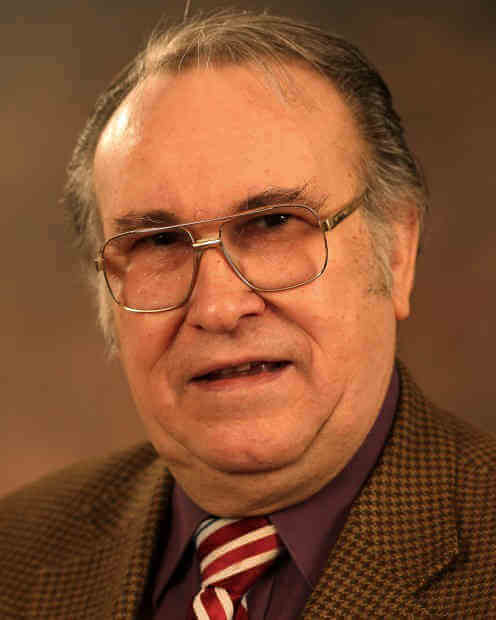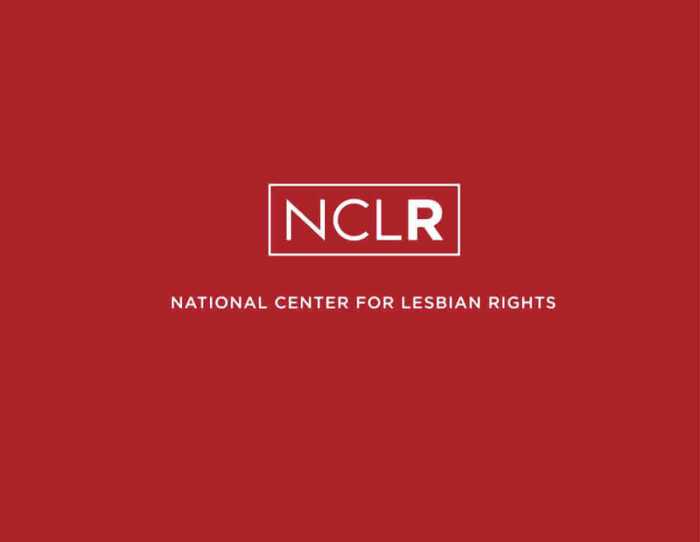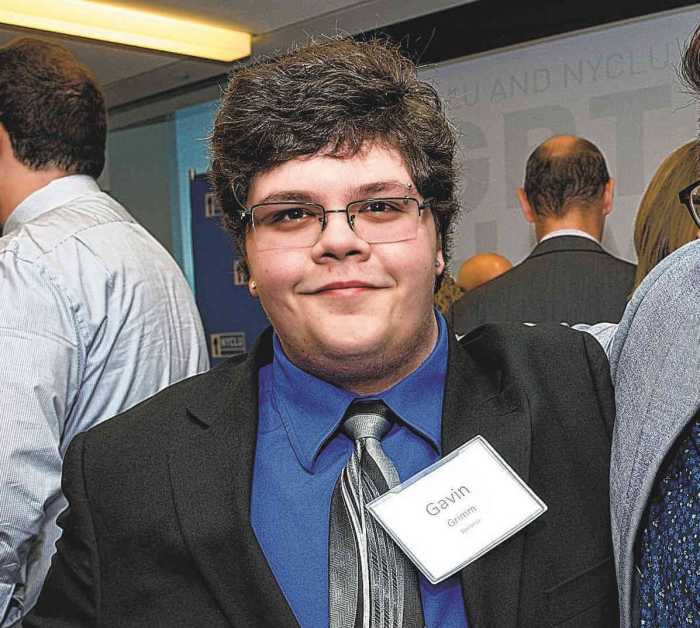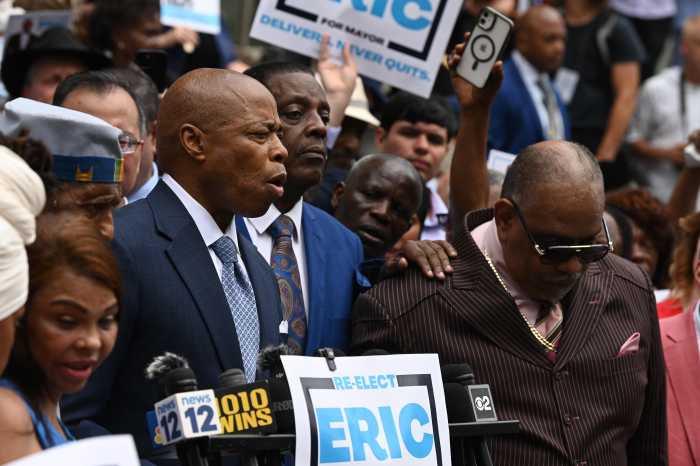Ruling on motions in a tenured professor’s lawsuit against a state university that suspended him based on student complaints about his statements and conduct in class, a federal court has ruled he is not protected by the First Amendment for his alleged behavior.
Senior District Judge James T. Moody’s September 28 opinion also dismissed due process claims made by Jean Poulard, who has taught political science at Indiana University Northwest Campus (IUN) for more than 30 years, gaining tenure in 1990, but did not block him from proceeding on breach of contract allegations.
The case dates to 2015, when Gianluca Di Muzio, who then chaired the political science department, informed the university director of affirmative action, Ida Gillis, about concerns raised in one student’s spring semester course evaluation. The student alleged that Poulard would “frequently voice his racist and sexist views” and that he was “obscenely flirtatious with his female students, often saying perverted things.” Di Muzio, at that time, mentioned he had personally observed Poulard kissing students on the hand and cheek.
Gillis and Di Muzio then looked back over several years of student evaluations, uncovering a variety of incendiary classroom comments attributed to Poulard, among them a student writing, “I took great offense when he stated how wrong and disgusting it is to be gay and how terrible and messed up a child with same sex-parents is going to be in the head.” There was also a statement that “black people were destroying Chicago and his solution to crime would be a weekly hanging.”
When confronted with these statements in a disciplinary proceeding, Poulard denied making some of them, softened others (such as claiming he spoke in favor of capital punishment, not weekly hangings), but did not deny hugging and kissing students or his comments about gay people and gay parents.
Gillis wrote a report, supplemented by Di Muzio’s complaint, which was presented to Mark McPhail, the university’s vice chancellor for academic affairs, who concluded Poulard had violated IUN’s Sexual Misconduct Code and Code of Academic Ethics. Poulard was suspended for a month without pay, had a letter of reprimand placed in his personnel file, and was required to complete sexual misconduct training.
Poulard brought a lawsuit in state court — which IUN was able to have removed to federal court — claiming breach of his tenured employment contract as well as violations of his constitutional rights to due process and freedom of speech. Judge Moody found that there were disputes over material facts regarding the breach of contract claim, so he allowed that claim to proceed. However, he rejected the due process claim, finding that the procedures leading up to the vice chancellor’s ruling comported with standards of fairness.
Regarding Poulard’s First Amendment claim — and particularly the comments about gays and gay parents — Moody found no First Amendment protection for the professor. Although some of his statements, for example, “regarding gays, Muslims, and African Americans and crime, could potentially be matters of public concern,” wrote Moody, that was only one factor in applying the balancing test required under the Supreme Court’s 1968 Pickering precedent regarding public employee speech. Moody looked specifically at Piggee v. Carl Sandburg College, a 2006 case decided under Pickering by the Chicago-based Seventh Circuit Court of Appeals, whose rulings are binding on the Indiana district court. In Piggee, the judge wrote, “Applying a balancing test, the Seventh Circuit found that the instructor’s interest in making comments regarding religion and homosexuality were not protected when balanced against the school’s interest in the instructor’s adherence to the subject matter of the course she was hired to teach (which in that case was cosmetology).”
In the IUN case, Moody continued, Vice Chancellor McPhail “specifically restricted plaintiff’s speech out of concern for ‘developing among students respect for others and their opinions.’ The court agrees with McPhail that IUN had strong interests in restricting plaintiff’s statements in order to preserve respect for the student body, harmony among the IUN population, and to prevent the exclusion and isolation of the minorities targeted by plaintiff’s speech. McPhail also concluded that the statements were not germane to the topic of the class.”
Poulard had argued his comments were germane because it was a political science course, but Moody disagreed.
“It is true that the teacher in Piggee taught cosmetology which was even further off topic from the instructor’s speech,” Moody explained. “However, here, plaintiff’s course was a course involving Latin American politics, an issue that was not addressed in any of the statements at issue. Second, the court recognizes that faculty members have some right to engage in academic debates, pursuits, and inquiries. And being a political science course should give professors some leeway to delve into topical or hot-button social and political issues. However, statements about gays being ‘disgusting,’ criticizing religious (Muslim) clothing, and asserting that African Americans should be ‘hung,’ are not topical statements and do not invoke hot-button issues. They sound much more like harassing statements that IUN has a strong interest in eliminating in order to foster an inclusive learning environment for all students, including gays, Muslims, and African Americans.”
Under the balancing test prescribed by the Supreme Court’s Pickering ruling, then, “the interests of IUN outweigh Poulard’s interests.”
Moody was appointed to the district court by President Ronald Reagan.



































